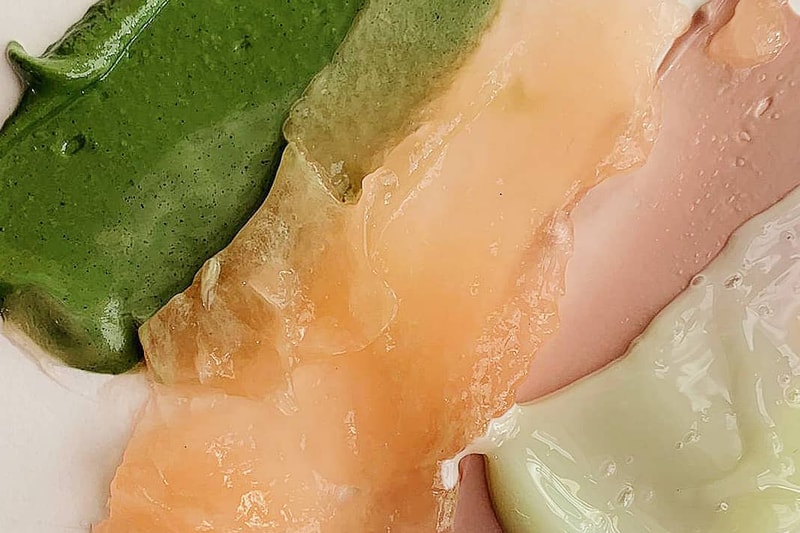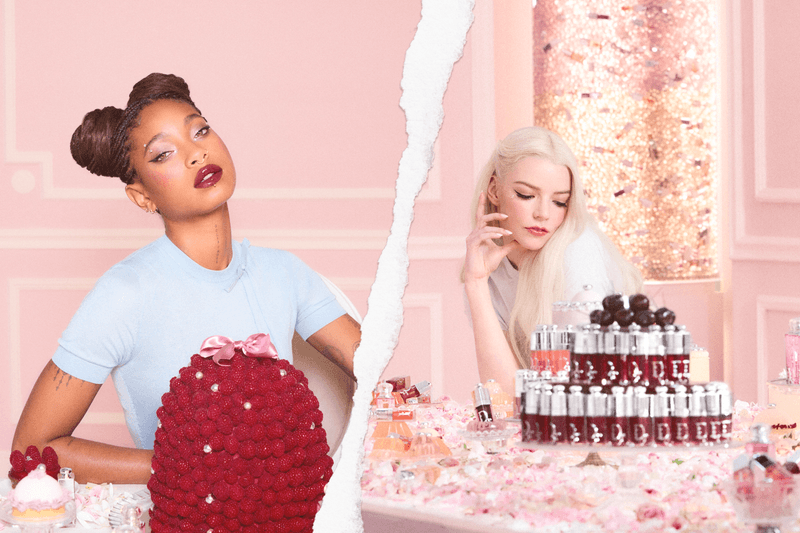Are Eye Creams Worth It? Doctors Set the Record Straight
info@hypebae.com (HYPEBAE) Tue, 16 Mar 2021 HYPEBAE
By now, we're all well-versed in the importance of daily moisturizer and sunscreen use, two basic principles of skincare. When it comes to eye cream, though, confusion abounds. Questions including "is eye cream worth it?," "when should I start using eye cream?" and "how to apply eye cream" are a few commonly Googled queries that reveal the uncertainty surrounding the product, which some exalt as necessary and others disparage as pseudoscience.
At face value, eye cream might seem like an unnecessary add-on to your serums and moisturizers. Even I was wary of eye cream, believing it (until recently) to be expensive moisturizer packaged in a small jar. However, dermatologists and aestheticians quickly schooled me. After consulting with several experts, I learned that eye creams are fundamentally different than general moisturizers in both formulation and efficacy. Keep reading for the lowdown on the misunderstood product.
Eye creams are formulated differently than other moisturizers.
Unlike the skin on the rest of your face, the under-eye area is extremely delicate and lacks oil glands. Eye creams are specifically formulated for use on the thin, sensitive skin around the eyes, which can't tolerate certain ingredients or consistencies. In addition, any product used near the eyeball itself should be tested and proven safe.
"I fully believe that eye creams are worth the investment," says Celeste Rodrigues, a Los Angeles-based medical aesthetician. Corey L. Hartman, medical director at Skin Wellness Dermatology, recommends eye cream to patients looking to target issues such as darkness or puffiness. "You can certainly address those issues with a variety of ingredients, but if they are found in an eye cream versus a cream meant for the full face or body, the ingredients will be at a potency level appropriate for delicate eye skin."
Key ingredients can help reduce puffiness and fine lines.
Those in the market for an eye cream are typically looking to reduce under-eye bags and fine lines. A few key ingredients can help target those concerns. Rodrigues and Hartman both recommend caffeine, which helps reduce puffiness by constricting blood vessels, thereby tightening the skin. In fact, celebrity facialist Taylor Worden recommends freezing coffee in ice cube trays and holding the caffeinated cubes under the eye for an instant boost.
Peptides, which help reduce fine lines by stimulating collagen, are another key ingredient. Dr. Arash Akhavan of New York City's Dermatology and Laser Group also sings the praises of hyaluronic acid, a hydrophilic substance that attracts water and moisture. "When applied as a part of an under eye serum or cream, hyaluronic acid draws water to the skin from the surrounding air, making fine lines and hollows less apparent," Dr. Akhavan says. He also cites vitamin E, another moisturizing ingredient, and titanium dioxide, a sun-blocking mineral that can help cover up dark circles.
Retinol, a form of vitamin A commonly used in anti-aging creams, can be used to help smooth fine lines in the eye area. However, take care to use the ingredient in a product specifically formulated for use around the eyes, as high concentrations can cause irritation.
Just because it's safe to use on your face doesn't mean it's safe around the eyes.
Rodrigues and Dr. Hartman caution against using hydroquinone (a depigmenting agent) under the eyes, as it's too harsh for the use in the area. Dr. Hartman adds that topical steroids, as well as salicylic acid and benzoyl peroxide (ingredients often found in acne treatments) should also be avoided when it comes to the eyes.
Worden and Dr. Akhavan advise against using anything with fragrance, a big skincare no-no. According to Worden, scented products can cause the eyes to water and swell up. Dr. Jason Emer, founder of Emerage Cosmetics, lists parabens, phtalates, sodium lauryl sulfate (SLS), soldium laureth sulfate (SLES), lead and formaldehyde as other ingredients to stay away from.
Safe eye cream options include Alpha-H's Liquid Gold Firming Eye Cream, a favorite of Worden's, and SkinMedica's Instant Bright Eye Cream, a product that Dr. Akhavan recommends for moisturizing and de-puffing. Both Dr. Hartman and Dr. Emer name SkinCeuticals' A.G.E. Eye Complex as a top pick.
Eye creams can be effective, but there's no obligation to use them.
Eye creams are largely used to prevent and reduce fine lines and wrinkles around the eyes, two common targets in the pursuit of younger-looking skin. It's worth noting that there is absolutely no need to use eye cream if the lines around your eyes don't bother you. Aging is a natural process that's often marketed to women as a scary phenomenon when in reality, getting older is an inevitability that should be embraced. At the same time, it's entirely valid to want to prevent and treat fine lines and wrinkles -- it all comes down to personal preference.
If you fall into the latter camp, Dr. Hartman recommends incorporating an eye cream into your daily skincare routine starting in your twenties or early thirties. "There is no hard rule on when it is best to start using eye creams but in general, people will start to see some early signs of aging appearing in this area in their mid to upper-20s and may consider adoption of eye creams at that point," Dr. Akhavan adds. To apply eye cream, simply dab a pea-sized amount under your eyes and around the brow bone with your ring finger.
Sunscreen and sleep are also key to healthy looking eyes.
Besides using eye cream, there are several other non-invasive ways to keep the under-eye area looking alert and healthy. Rodrigues recommends stimulating blood flow and circulation with massage methods such as gua sha, as well as masking with eye gels. Worden agrees, naming FOREO's Iris Illuminating Eye Massager as a handy under-eye gadget. She also advocates for the power of adequate sleep and regular sunscreen use. (Wearing sunglasses also helps protect your eye area from damaging UV rays.) "Get seven to eight hours of sleep a night. Your eyes and skin around them show how tired you are," Worden remarks.







